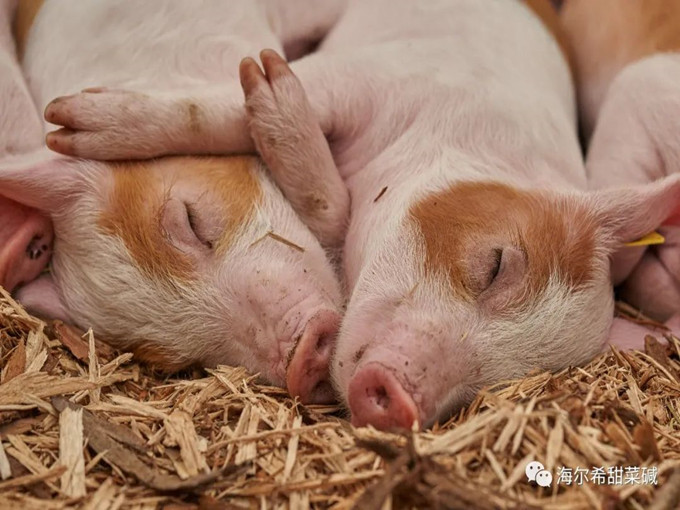Betaine exists widely in animals and plants. Beet is one of the plants with the highest content of betaine, and its molasses is the main source of betaine. The molecular formula of betaine is C5H11NO2, the molecular weight is 117.15, and its scientific name is trimethylammonium glycolide or glycine trimethylamine internal salt. Using betaine to raise pigs can bring considerable economic benefits to farmers.

Methyl is necessary for the synthesis of certain amino acids and glands in pigs. Because it is very unstable, it can only be supplied by food. Choline and methionine are important sources of methyl in pigs. Betaine can also provide methyl, so it can partially replace the methyl function of methionine in vivo.

Betaine is closely related to the metabolism of methionine. Betaine can supply methyl, thus reducing the consumption of methionine, and has the effect of enhancing the physiological effect of methionine. The exogenous betaine absorbed by animals is mainly stored in the liver, which can provide methyl for the chemical synthesis of important substances in the body.

Research shows that betaine mixed with ion carrier anti coccidiosis drugs can significantly reduce the risk of animals infected with coccidia, and then improve their growth function and resistance. Especially for broilers and piglets, the addition of betaine during feeding can improve their intestinal function, prevent diarrhea, and improve food intake, which has outstanding practical value. In addition, during feeding, betaine can be added to alleviate the stress response of piglets, and then improve the feed intake and growth rate of weaned piglets.
Hangzhou Healthy Animal Husbandry Technology Co., Ltd. is a manufacturer specializing in betaine. For details, please consult:
https://www.healthybetaine.com/ Or call 400-655-0656
 Methyl is necessary for the synthesis of certain amino acids and glands in pigs. Because it is very unstable, it can only be supplied by food. Choline and methionine are important sources of methyl in pigs. Betaine can also provide methyl, so it can partially replace the methyl function of methionine in vivo.
Methyl is necessary for the synthesis of certain amino acids and glands in pigs. Because it is very unstable, it can only be supplied by food. Choline and methionine are important sources of methyl in pigs. Betaine can also provide methyl, so it can partially replace the methyl function of methionine in vivo.
